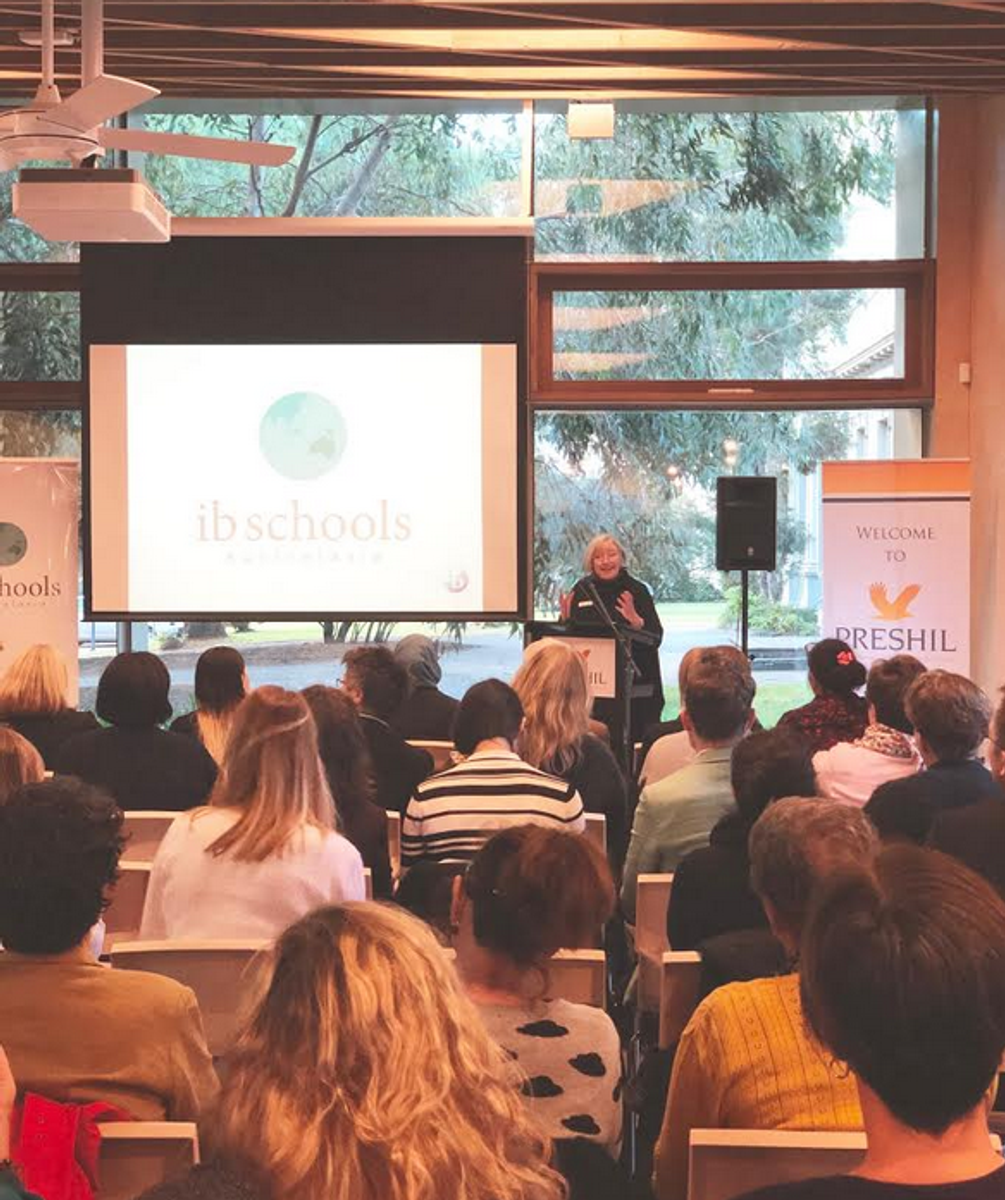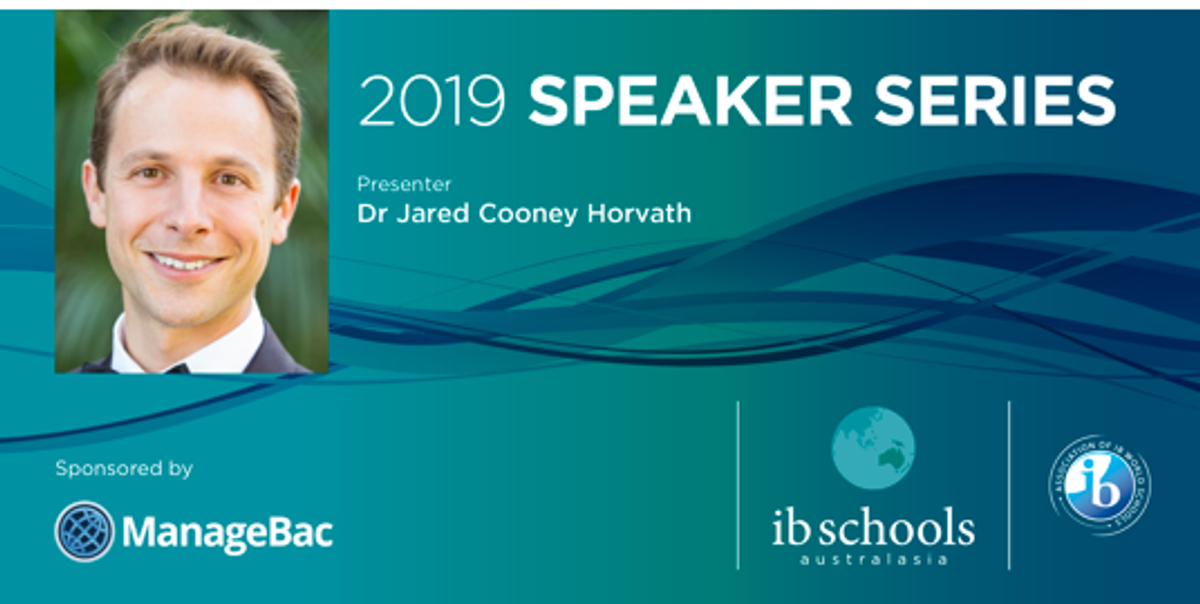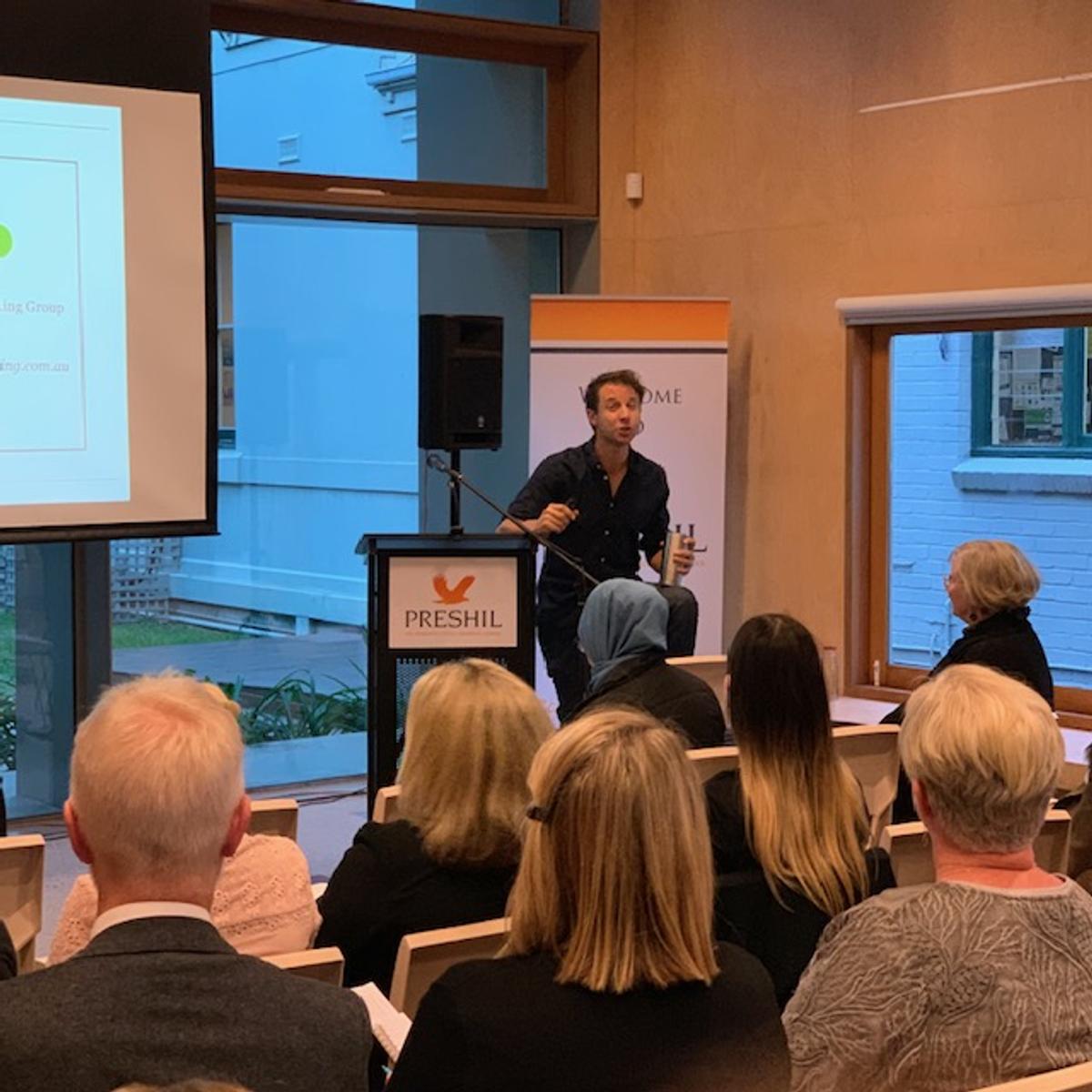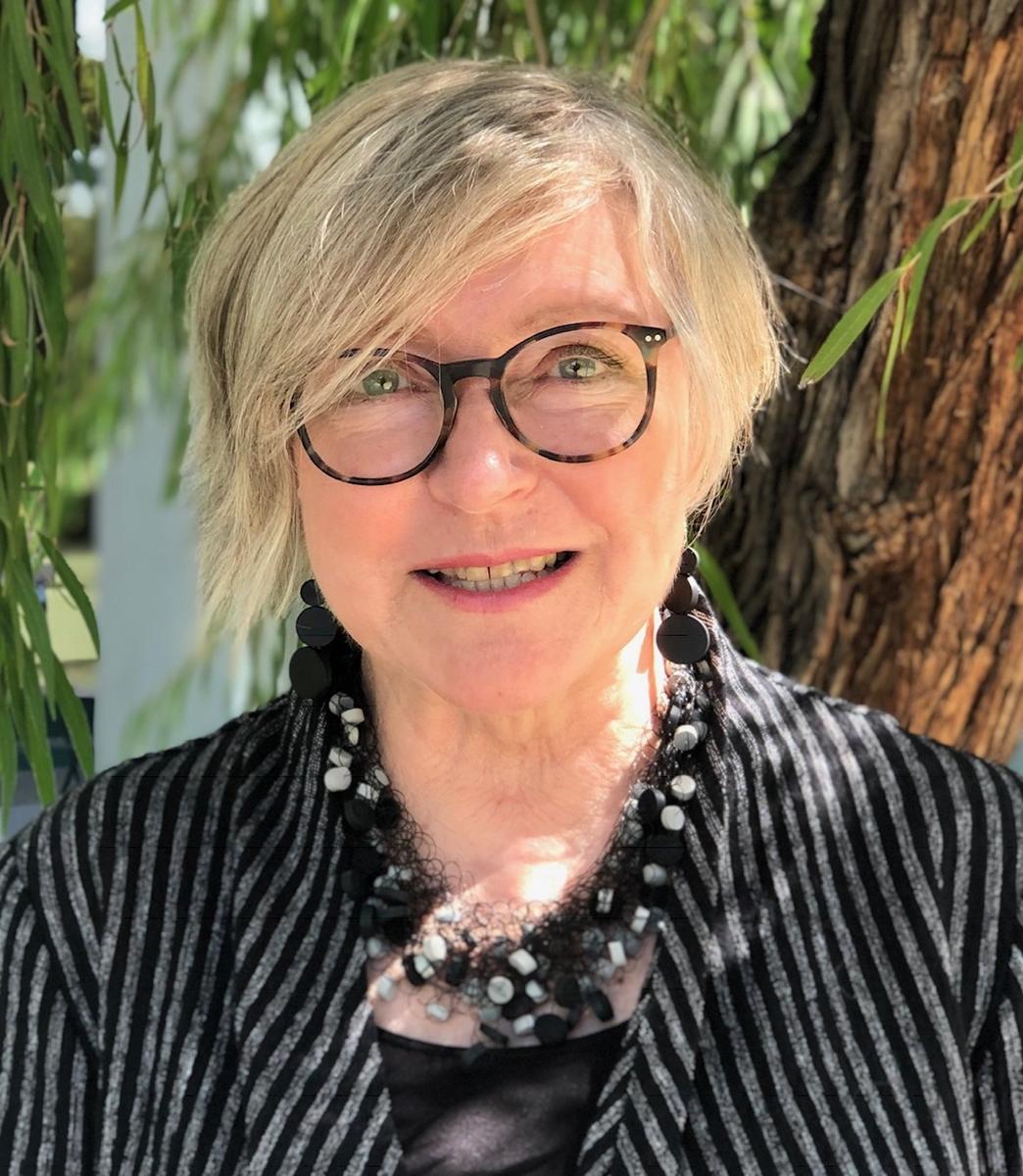From the Principal
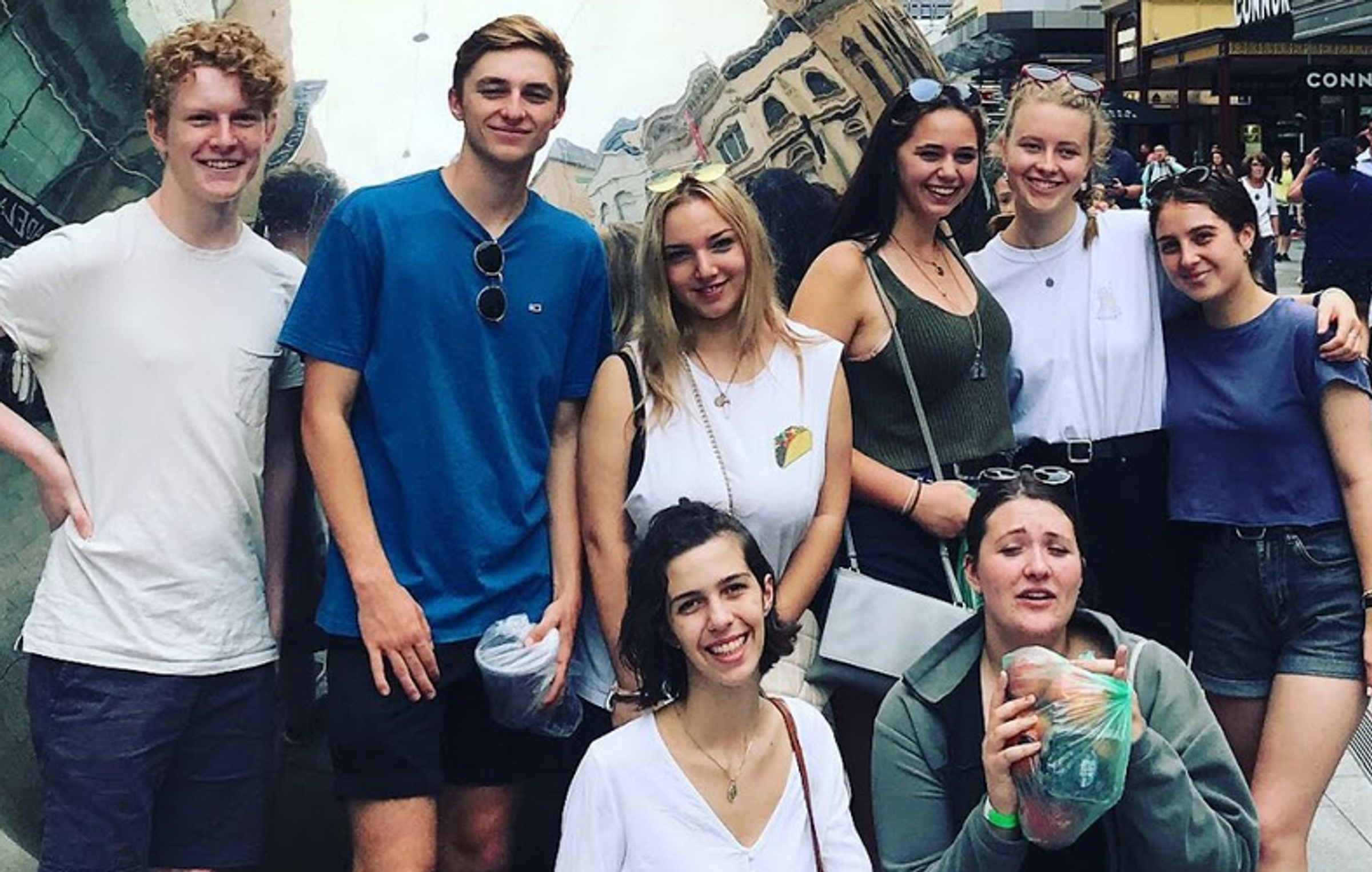
Free to be butterflies...
A young neighbour recently shared a distressing anecdote with me about his little boy, happily going off to his kindergarten in a new pair of tights he loved, colourfully patterned with butterflies and plants. His teacher quickly pointed out that these were not ‘boys’ clothes’ and that the other four-year-olds would tease him if he wore such things. Not surprisingly he didn’t wear them again and became very concerned to ensure that his clothing was suitably ‘masculine’….
Confirming his teacher’s simplistic, polarised world view, children’s clothing stores are starkly differentiated – making it very clear that little boys and girls not only have very different wardrobe choices, but it seems that they are expected to be engaged in very different activities.
Somehow, in allocating what boys and girls should wear, girls got to have the butterflies!
Considering how far our society has come in dismantling the crippling aspects of gender stereotypes, children’s clothing stores seem quite anachronistic. Do we all somehow lose our perspective confronted by all these adorable little garments for miniature girls and boys?
The continuation of single sex education seems to be similarly at odds with our society’s progress towards breaking down limiting notions of difference, discrimination and disadvantage. School traditions are notoriously difficult to dismantle and continue to perpetuate institutional conventions that have disappeared from the wider world. Parents comfortably dressed in fashionable clothes continue to drop off children trussed up in little suits and ties for boys, hats and cotton frocks for girls.
A recent survey showed boys’ schools are still bigger, wealthier and more imposing.
Coeducational schools have come a very long way from those days I recall when text books were clearly written for a male audience and girls were interlopers, particularly in Maths and Science, but also in Literature and Humanities. At that time it might have made some sense to isolate girls and give them a fighting chance to succeed on their own terms.
In a world grappling with the fall-out of the #MeToo movement and openly challenging vestiges of toxic entitlement across all areas of society, such as sport, institutional abuse, business corruption and political privilege, surely it is time to seriously challenge the separation of children during their most formative years. Identifying the opposite sex as ‘other’, even the idea that we are opposites, just makes the task of understanding our shared humanity - and our individual diversity - harder. Surely teachers and parents should be having a greater role in expanding the choices and identities possible for both boys and girls, rather than leaving it to the producers of children’s wear to determine the limits of gender roles?
The International Baccalaureate programmes are designed for a cohort of both girls and boys working together and learning from each other as equals. These programmes are underpinned by many of the skills often referred to as the ‘soft skills’, essential to success in the contemporary world; collaboration, communication and creative problem-solving, rather than the traditional ideas of discipline, competition and narrow allegiances; global citizenship, compassion and peaceful cooperation succeed militarism and hierarchy.
This world of global citizenship is strikingly at odds with the fantasy story world of pink fairy dresses and aspiring superheroes, but I’m pretty sure a little boy delighted by butterflies is going to be just fine!
IB speaker series
Yesterday evening, Preshil was in the privileged position of hosting the first of the 2019 IB Schools Australasia (IBSA) Speaker Series, now in its fifth year; commencing in Melbourne, this series will now travel to Canberra, Adelaide, Auckland, Brisbane and finally Sydney.
Assistant Principal, Natalie Jensen, who is also the Victorian Standing Committee member for IBSA, launched the series on their behalf. IBSA is a not-for-profit organisation run by an elected standing committee of leaders in IB World Schools who volunteer their time and expertise to support and further the IB mission in Australasia. We are very proud for Preshil to have a representative on this committee who advocates on behalf of IB schools in Victoria.
The speaker for the night was Jared Cooney Horvath PhD Med, an expert in the field of Educational Neuroscience with a focus on learning, memory and attention. He has conducted research and lectured at Harvard University, Harvard Medical School, the University of Melbourne and over 100 schools internationally.
Jared has published five books, over 30 research articles, and his work has been featured in numerous popular publications including The New Yorker, The Atlantic, The Economist and ABC’s Catalyst. He currently serves as Director of The Science of Learning Group, a team dedicated to bringing the latest brain and behavioural research to teachers, students and parents.
Jared presented an interesting and high energy workshop entitled The Learning Trajectory: From Shallow to Deep to Transfer. Coming from all across Victoria, the evening was attended by over 80 educators from authorized, candidate and interested IB schools.
The many Preshil staff who were present found Jared’s presentation thought-provoking and take back to their classes lots of new information and innovative ideas. Our beautiful library also did us proud – it was the perfect venue to kick off the 2019 Speaker Series.
If you’re interested in hearing Jared speak, you can view his TEDx talk here.
Marilyn Smith
Principal
marilyn.smith@preshil.vic.edu.au

